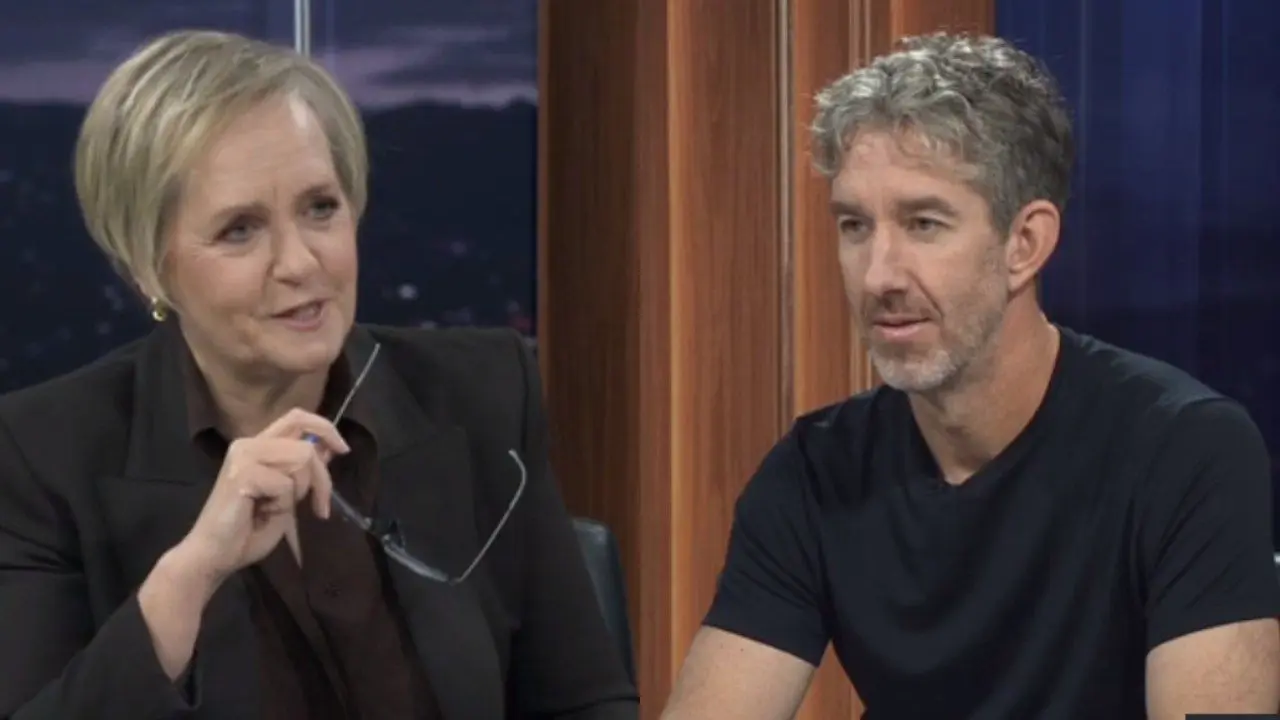Australia Rejects Copyright Exemption for AI Training, Prioritizing Creative Industries
5 Sources
5 Sources
[1]
Labor rules out giving tech giants free rein to mine copyright content to train AI
Attorney general Michelle Rowland shuts down contentious proposal to grant copyright exemption for AI models The Albanese government has explicitly ruled out handing tech companies free rein to mine creative content to train their artificial intelligence models, after a fierce backlash from authors and arts and media groups. The attorney general, Michelle Rowland, will confirm the decision on Monday, shutting the door on a contentious proposal floated by the Productivity Commission and backed by tech companies. "Australian creatives are not only world class, but they are also the lifeblood of Australian culture, and we must ensure the right legal protections are in place," Rowland said. The commission sparked outrage in August after its interim report on "harnessing data and the digital economy" suggested granting an exemption to copyright laws that would effectively allow technology companies free access to content to train their AI models. Weeks earlier, Scott Farquhar, the co-founder of software giant Atlassian and chair of the Tech Council of Australia, told the National Press Club that "fixing" the existing restrictions could "unlock billions of dollars of foreign investment into Australia". The proposal prompted serious pushback from creatives, including First Nations rapper Adam Briggs, who told a parliamentary inquiry in September that it would be "hard to get the genie back in the bottle" if companies were allowed access to locally made content without fair compensation. Australian author Anna Funder wrote that large-scale AI systems were being founded on "the wholesale, unauthorised appropriation of every available book, work of art and piece of performance that can be rendered digital". At the same inquiry, the Productivity Commission revealed it had not consulted creatives or modelled the impact of the recommendation before publishing its report, leading the Greens senator, Sarah Hanson-Young, to declare the government agency had "misread the value of the creative industry". The Australian Council of Trade Unions also sounded the alarm on the proposal, warning that it would open the door to the "rampant theft" of creative work. Senior government ministers had played down the prospects of granting a so-called "text and mining" exemption, but Rowland's statement marks the first time it has been explicitly ruled out. "Artificial intelligence presents significant opportunities for Australia and our economy; however, it's important that Australian creatives benefit from these opportunities too," she said. The attorney general will convene the government's copyright and AI reference group on Monday and Tuesday to canvass other options for responding to the challenges posed by the evolving technology. That includes whether a new paid licensing framework under the Copyright Act should replace the existing voluntary regime. The Australian Recording Industry Association (Aria), which was among the creatives campaigning against the exemption, welcomed the announcement as a "critical step in the right direction". "It is a win for creativity and Australian culture, including First Nations culture, but it's also a win for common sense. Current copyright licensing structures work," the chief executive of Aria, Annabelle Herd, said. "They are the foundation of the creative economy, the digital economy, and the technology industry. IP laws are what tech companies rely on to protect and monetise their products, and they drive innovation." Herd said there were still further steps to protect artists, including ensuring that licensing rules are applied to AI. "Artists deserve the right to decide how their work is used and to share in the value it creates," she said. "Protecting that agency is how we safeguard Australia's creative sovereignty and keep our culture strong." Media companies also welcomed the decision. A spokesperson for Guardian Australia said it was a "positive step towards recognising that Australian copyrighted content deserves protection and payment". "Australia's media, publishers and creatives all voiced opposition to TDM (text and data mining) exceptions noting that it would be a green light for large-scale theft of the work of Australian journalists and creatives and be contrary to Australia's national interests," the spokesperson said. They added the Guardian wants to see the development of a fair licensing regime with genuine value exchange. Michael Miller, the News Corp Australasia executive chair, said the government had made the "correct decision" to rule out an exemption. "By upholding the creator's right to control access, terms of use and payment, it reinforces that our copyright law works to ensure effective market outcomes," he said.
[2]
Tech giants hold their copyright line after government rebuke
Gift 5 articles to anyone you choose each month when you subscribe. Technology companies will seek to convince the government that its planned reforms to make them pay for the content they train artificial intelligence systems on will put Australia out of step with other comparable countries. In a series of meetings in Canberra starting on Tuesday, representatives of technology providers, including OpenAI, Microsoft, and Google, alongside dissenting voices from Australian media companies, are meeting with Attorney-General Michelle Rowland as part of a copyright and AI reference group, which will seek to set new rules.
[3]
Rowland says 'no' to AI copyright carve out, flags new payment regime
Gift 5 articles to anyone you choose each month when you subscribe. Big tech companies will be forced to pay when using copyrighted material to train AI models, with Attorney-General Michelle Rowland ruling out a proposal to grant them free access and flagging the introduction of a paid licensing regime. A proposal for a "text and data mining exemption" to copyright law was first flagged by the Productivity Commission in August, sparking a backlash from rights holders in the arts and media, including former Labor minister and Midnight Oil frontman Peter Garrett.
[4]
Australia Blocks AI Use of Copyrighted Content for Training
The Australian Government has decided against allowing tech companies to mine copyrighted content to train artificial intelligence (AI) models, according to a report by The Guardian. This comes after the Australian Government's review and advisory body, the Productivity Commission, published an interim report in August proposing three ways Australia could approach copyright laws in the age of AI: The proposal for a fair dealing exception faced pushback from several organisations. The Association of American Publishers wrote to the commission stating that "un-permissioned and uncompensated use of copyrighted works as datasets for training generative AI (Gen AI) systems is a threat to the professions and livelihoods of authors, publishers, and all who are integral to the publishing endeavour." Similarly, a rapper told an Australian Parliamentary inquiry in September that attempting to fix the situation after allowing AI companies to use Australian copyrighted data without compensation would be like trying to get a genie back into a bottle. While acknowledging concerns around unauthorised use of copyrighted material, the commission suggested two primary approaches to address the issue: Besides these, the commission suggested the possibility of expanding the fair dealing exception in Australian copyright law to include text and data mining (TDM). It noted that comparable exceptions exist in jurisdictions such as the European Union, United Kingdom, and Japan. "Such an exception would cover not just AI model training but all forms of analytical techniques that use machine-read material to identify patterns, trends, and other useful information," the commission said, citing examples from research sectors that use TDM techniques to produce large datasets for statistical analysis. The Productivity Commission acknowledged that, at present, large AI models are mostly trained abroad and it was uncertain whether a TDM exception would change that trend. However, it argued that such an exception could "make a difference to whether smaller, low-compute models (such as task-specific models) can be built and trained in Australia, such as by Australian research institutions, medical technology firms, and research service providers." The commission recommended that the government complete or act on all ongoing reviews of gaps that AI poses in existing regulatory frameworks. In case of areas where it has not initiated such reviews, the government should begin them immediately. These gap review should look at the uses of AI, the addmitional risk/harm posed by AI as opposed to status quo in a specific use case and whether existing existing regulatory frameworks cover these risks potentially with improved guidance and enforcement. The government should only consider AI specific regulation in one of two cases: Before implementing any regulations, the report recommends assessing the net benefits of new rules compared to real-life counterfactuals. It also suggests that, where regulatory approaches differ globally, Australia should minimise additional requirements compared to major economies. In September 2024, the Australian Government proposed a set of mandatory guardrails for AI. The commission argued against such guardrails, given their broad application to all high-risk AI use cases -- regardless of whether harms could be mitigated through outcome-based regulation. It suggested that mandatory guardrails only make sense in areas where existing frameworks or new technology-neutral regulations are not insufficient. The commission added that the government would be able to figure out these gaps only after it completes its review. It emphasised that new untested guardrails would end up rising uncertainty rather than mitigating it. The report suggested that the Australian Government support pathways for individuals and small businesses to access and share data that relates to them. This could include: The new data sharing pathways should begin in sectors where better data could generate larger benefits for relatively low costs such as allowing customers with a retail loyalty card export an itemised copy of their purchase history to budgeting and price comparison tools.
[5]
Albanese government rules out giving AI developers exemption for data mining
Artificial intelligence developers will not be allowed to harvest Australian-made content for free to train their systems, under possible updates to Australia's copyright laws. Labor is considering major changes to Australia's copyright laws, but has ruled out allowing technology companies to harvest data in order to train AI. The Albanese government will consult with key stakeholders on changes to the Copyright Act in a bid to prepare creative sectors for the rise of artificial intelligence. The technology sector has called for so-called Text and Data Mining Exemptions, which would allow big tech firms to train Large Language Models on Australian media content. However, Labor has vowed not to introduce any such exemptions in a bid to protect creative industries. Michael Miller, the Executive Chairman of News Corp Australasia, which owns SkyNews.com.au, welcomed the government's decision. "The government has made the correct decision to maintain Australia's copyright settings and forego a Text and Data Mining exception. The Government's announcement is a welcome catalyst for tech and AI companies to licence Australian content," Mr Miller said in a statement. "By upholding the creator's right to control access, terms of use and payment it reinforces that our copyright law works to ensure effective market outcomes. "The announcement secures a sustainable and thriving future for Australia's culture, news media and creative sectors, guaranteeing that Australian stories will continue to resonate powerfully at home and across the world, which is vital for a robust democracy." Under the proposed clause AI language models, such as ChatGPT, would have been able to train on copyrighted Australian content for free and without permission. The push to add AI training to the list of "fair dealing" exceptions in the existing act was criticised by writers and publishers who argued it would "preference the interests of multinational technology companies" at the expense of creative industries. In a statement on Sunday, the government said it stood behind Australia's creative industries and added it was providing certainty to creators and publishers by ditching the exception. Attorney General Michelle Rowland said that while AI presented opportunities for the economy, it was important "Australian creatives benefit from these opportunities too". "Australian creatives are not only world class, but they are also the lifeblood of Australian culture, and we must ensure the right legal protections are in place," Ms Rowland said. "This government has repeatedly said that there are no plans to weaken copyright protections when it comes to AI." The government will convene its copyright and AI reference group (CAIRG) on Monday and Tuesday to address the growth of AI in Australia. It will assess whether a paid collective licensing framework under the Copyright Act should be established for AI. The CAIRG will also review how existing copyright laws apply to "material generated" through the use of AI. In his statement, Mr Miller also called on the Albanese government to follow through with its announcements to implement the News Media News Bargaining Incentive and News Media Assistance Program (NewsMAP). "I call upon the government to move at speed to implement the News Bargaining Incentive and News Media Assistance Program (NewsMAP) for small and regional media companies," Mr Miller said. The government has been urged to quickly implement the News Media Assistance Program which would give grants to local and regional news outlets. The News Bargaining Incentive would encourage big tech companies to enter into or renew deals with Australian media companies, or risk fines. The government announced both these measures in December 2024 but has not yet implemented them in full.
Share
Share
Copy Link
The Australian government has ruled out granting tech giants free access to copyrighted content for AI training, emphasizing the protection of creative industries. This decision sets the stage for potential new licensing frameworks and copyright reforms in the age of AI.
Australian Government Stands Firm on Copyright Protection
The Australian government has made a significant decision in the ongoing debate surrounding artificial intelligence (AI) and copyright law. Attorney General Michelle Rowland has explicitly ruled out granting tech companies free rein to mine creative content for AI model training, following intense backlash from authors, artists, and media groups
1
.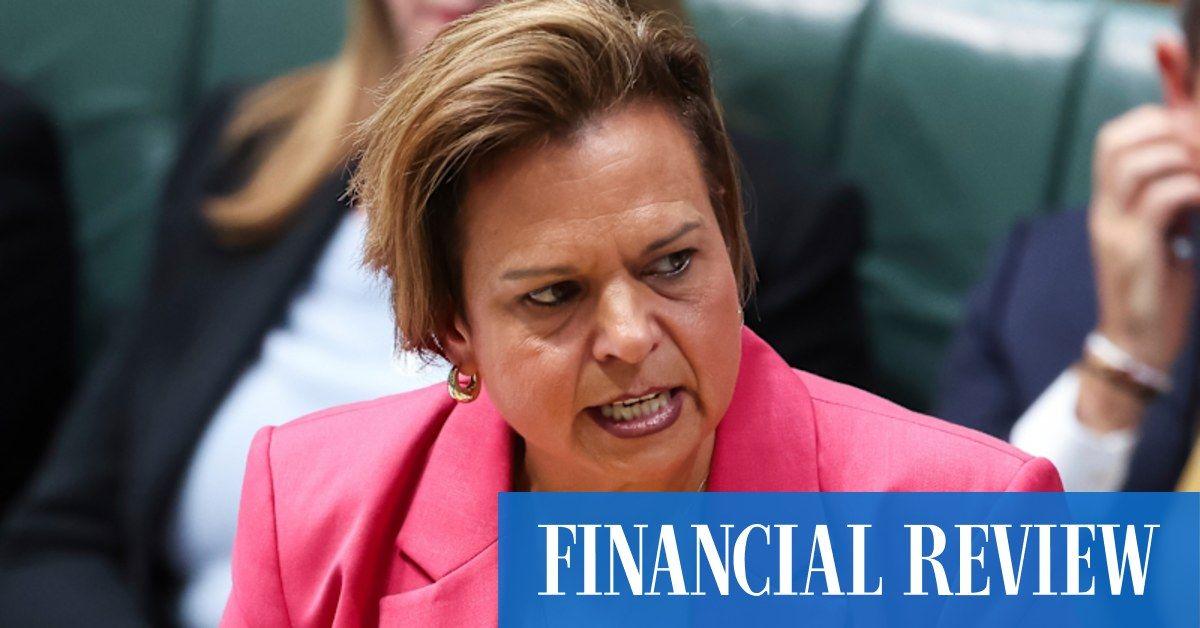
Source: Financial Review
This decision comes in response to a contentious proposal floated by the Productivity Commission, which suggested granting an exemption to copyright laws that would allow technology companies free access to content for AI training purposes
1
. The proposal had sparked outrage among creatives and industry groups, who argued that it would lead to the unauthorized appropriation of their work.Protecting Creative Industries
Rowland emphasized the importance of protecting Australian creatives, stating, "Australian creatives are not only world class, but they are also the lifeblood of Australian culture, and we must ensure the right legal protections are in place"
1
. This stance aligns with the concerns raised by various stakeholders, including First Nations artists and prominent authors, who warned about the potential consequences of allowing unrestricted access to locally made content1
.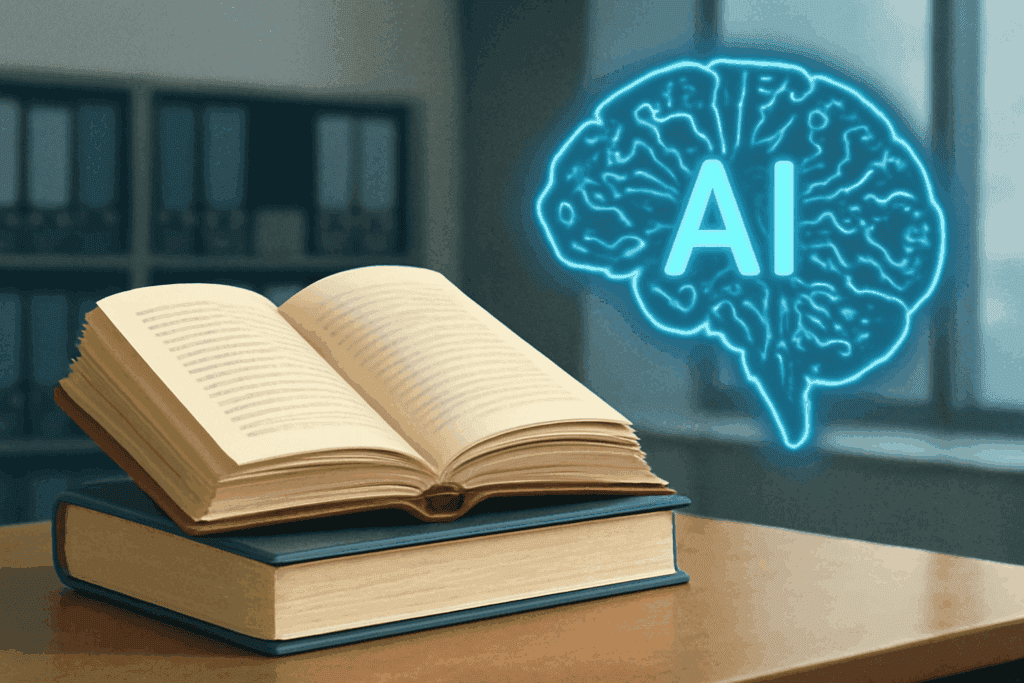
Source: MediaNama
Industry Reactions and Future Directions
The decision has been welcomed by various industry bodies and media companies. The Australian Recording Industry Association (Aria) hailed it as a "critical step in the right direction" and a win for creativity and Australian culture
1
. Media companies, including Guardian Australia and News Corp Australasia, also expressed support for the government's stance1
5
.Related Stories
Next Steps and Potential Reforms
The government is now considering major changes to Australia's copyright laws to address the challenges posed by AI. Rowland has convened a copyright and AI reference group to explore options, including the possibility of establishing a new paid licensing framework under the Copyright Act
3
.However, technology companies are expected to push back against these potential reforms. Representatives from OpenAI, Microsoft, and Google are set to meet with the Attorney-General to argue that such changes could put Australia out of step with other comparable countries
2
.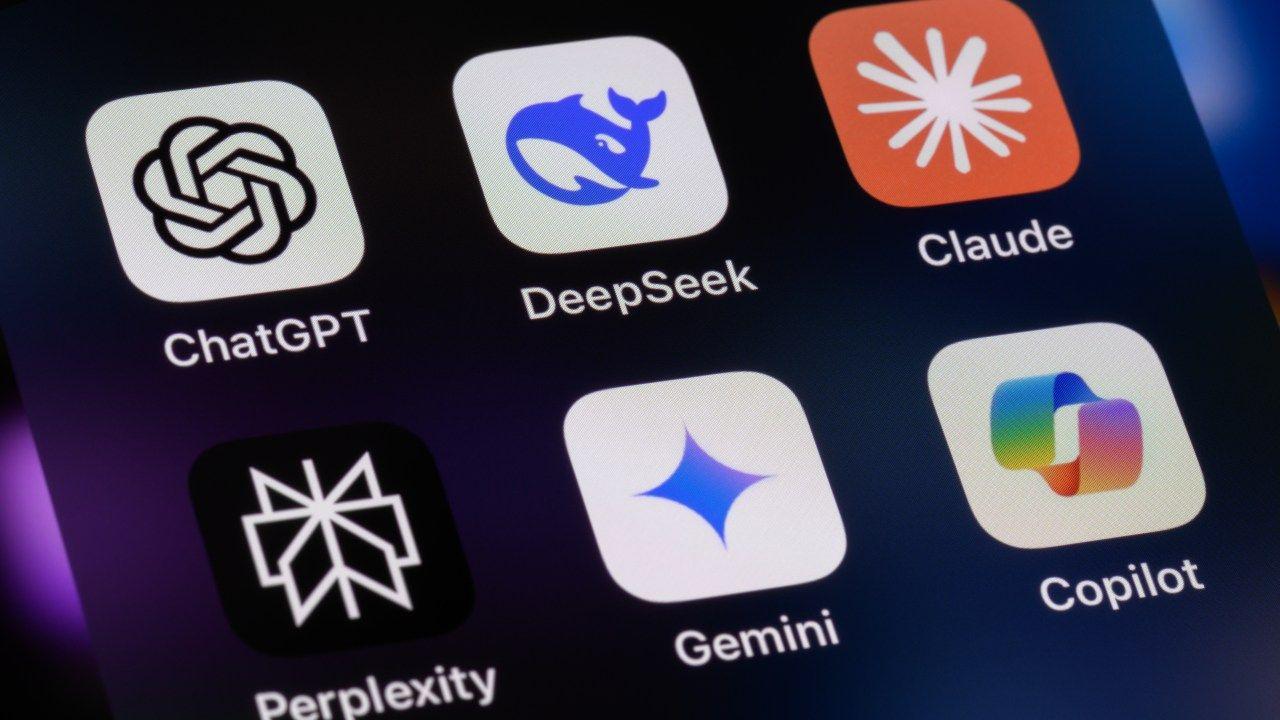
Source: Sky News
As the debate continues, the government's decision marks a significant moment in the intersection of AI technology and copyright law, potentially setting a precedent for how other nations approach this complex issue.
References
Summarized by
Navi
[2]
[3]
Related Stories
Australia Debates AI Copyright Exemptions: Balancing Innovation and Creative Rights
06 Aug 2025•Policy and Regulation

ACTU's AI Content Payment Agreement Claim Sparks Debate in Australian Creative Industry
21 Aug 2025•Policy and Regulation
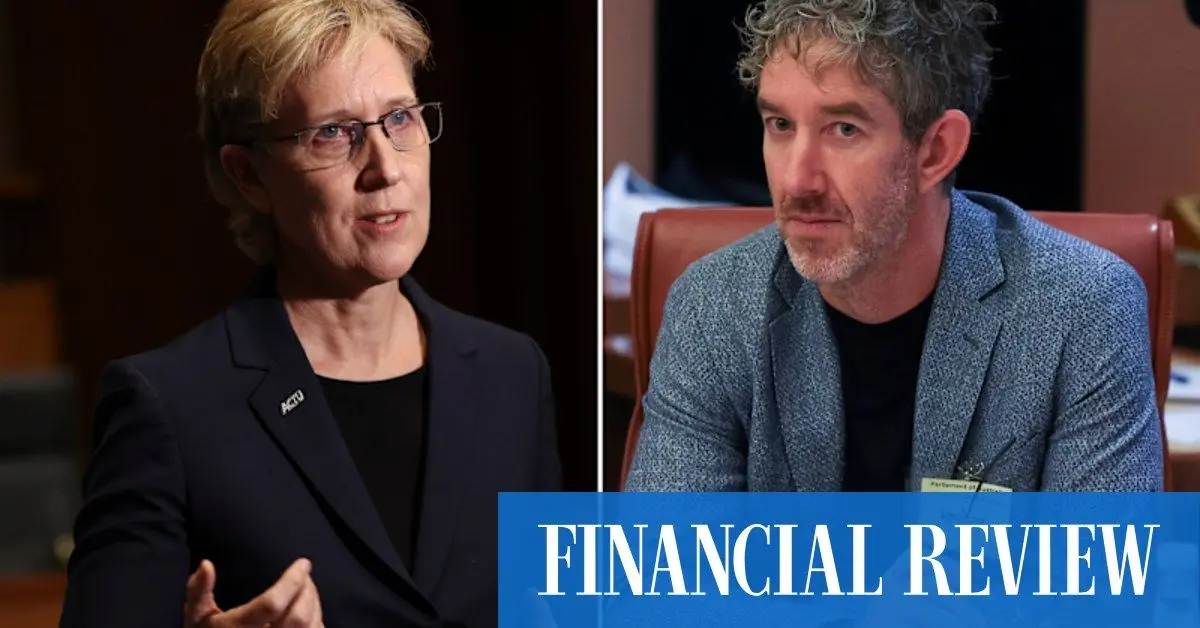
UK Creative Industries Reject Government's AI Copyright Exemption Proposal
17 Dec 2024•Policy and Regulation

Recent Highlights
1
ByteDance Faces Hollywood Backlash After Seedance 2.0 Creates Unauthorized Celebrity Deepfakes
Technology

2
Microsoft AI chief predicts artificial intelligence will automate most white-collar jobs in 18 months
Business and Economy

3
Google reports state-sponsored hackers exploit Gemini AI across all stages of cyberattacks
Technology

